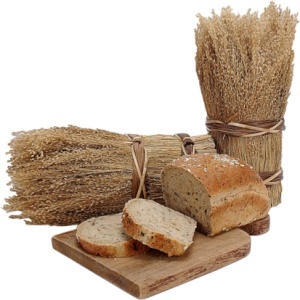Do You Really Need to Avoid Thyroid-Thwarting Foods?
It’s true that what you eat can affect your thyroid gland, for better or worse. But some people have long lists of foods they won’t eat, and some people avoid perfectly healthy foods altogether, when they could be eating moderate amounts without an adverse effect on thyroid function. Here’s what you need to know to make better food choices for your thyroid.
Cruciferous vegetables (cabbage, Brussels sprouts, broccoli, kale, cauliflower, turnips, bok choy and others) are generally considered super-healthy foods. They help prevent cancer. In fact, they help to prevent thyroid cancer. Concerns about potential effects of cruciferous vegetables on thyroid


